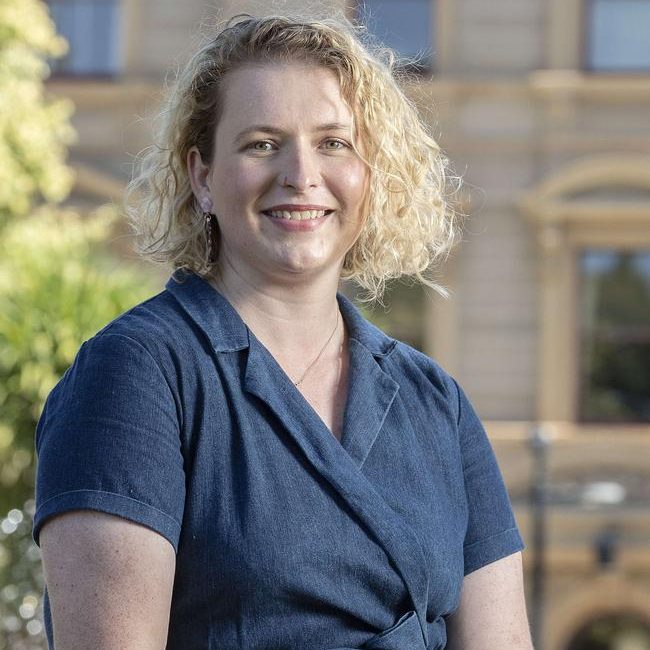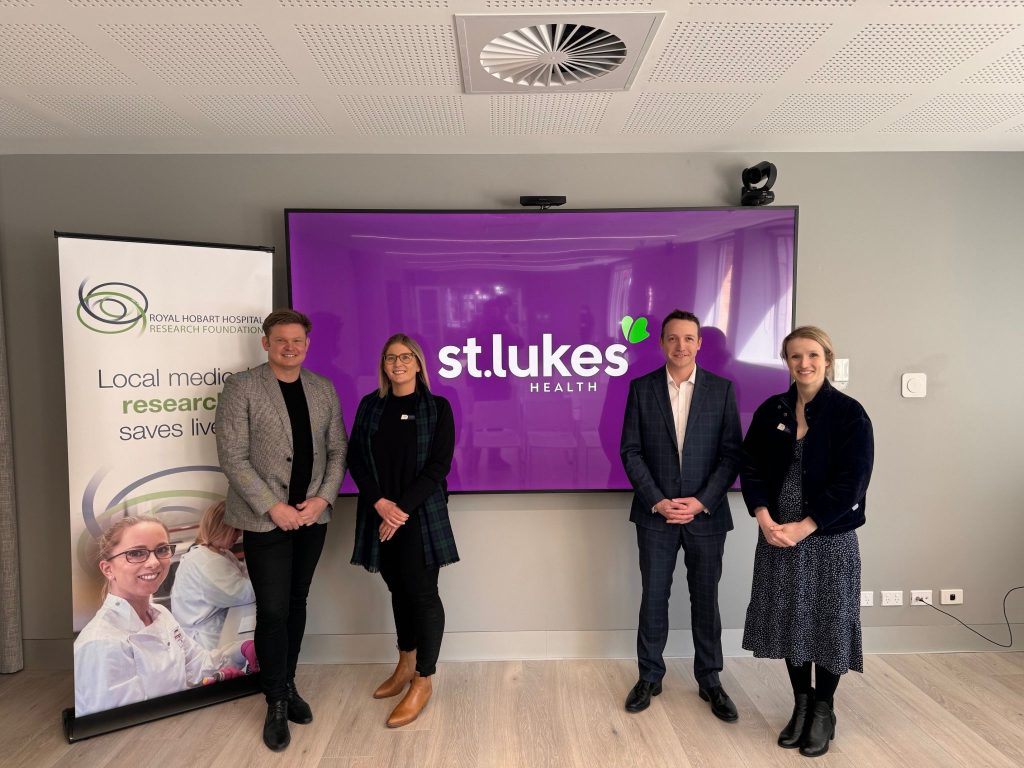
Thanks to the visionary support of a Foundation donor, Mrs Patricia Pitman, a groundbreaking initiative is unfolding in cardiac care at the Royal Hobart Hospital. With over 37,000 Tasmanians grappling with heart disease, Patricia's generosity has ignited hope for those living with multiple types of heart conditions.
There’s a dedicated clinic within the Royal Hobart Hospital, known as the Rapid Access Chest Pain Clinic (RACPC), which helps Tasmanians with heart conditions. Doctors in this clinic can quickly check patients with heart problems, offering swift assessment and diagnosis and helping patients avoid unnecessary emergency room visits.
It was a proven success, however the team in the RACPC wanted to develop a system where they could help people who weren’t able to visit the clinic in person and ensure they receive the same high-quality care. Through a new research trial, they used video calls (telehealth) to engage these patients, manage heart disease risks and improve care for people that often find it difficult to access care.

Through this research project, the team looked at how the clinics were run and talked to the doctors and nurses to see what could be improved. They also looked at how patients faired after using the telehealth service compared to those who visited the clinic in person, focusing on how often they ended up back in the emergency room, if they had serious heart problems later and how happy they were with their care.
The findings from this study were exciting. They showed that the telehealth version of the RACPC works just as well as seeing patients face-to-face, even reducing the need for extra tests to keep people safe during the COVID-19 pandemic. This means that people living in remote and rural areas, can still get expert help for chest pain without travelling, which could be a game-changer not just during a pandemic but also in day-to-day life.

Thanks to Patricia Pitman's generosity, the Royal Hobart Hospital is leading the way in using technology to improve heart health care. The study's chief investigator, Dr Niamh Chapman, and leading local cardiologist, Dr Andrew Black, who are part of this project, are now helping create new national guidelines for treating heart problems. Their work shows how new ideas and technology can make a big difference in health care.
This project isn't just about improving things for people with heart problems today. It's about setting up a system that can help even more people in the future, no matter where they live. This initiative exemplifies how technological advancements can be harnessed to meet healthcare challenges and improve the quality of life for countless individuals.